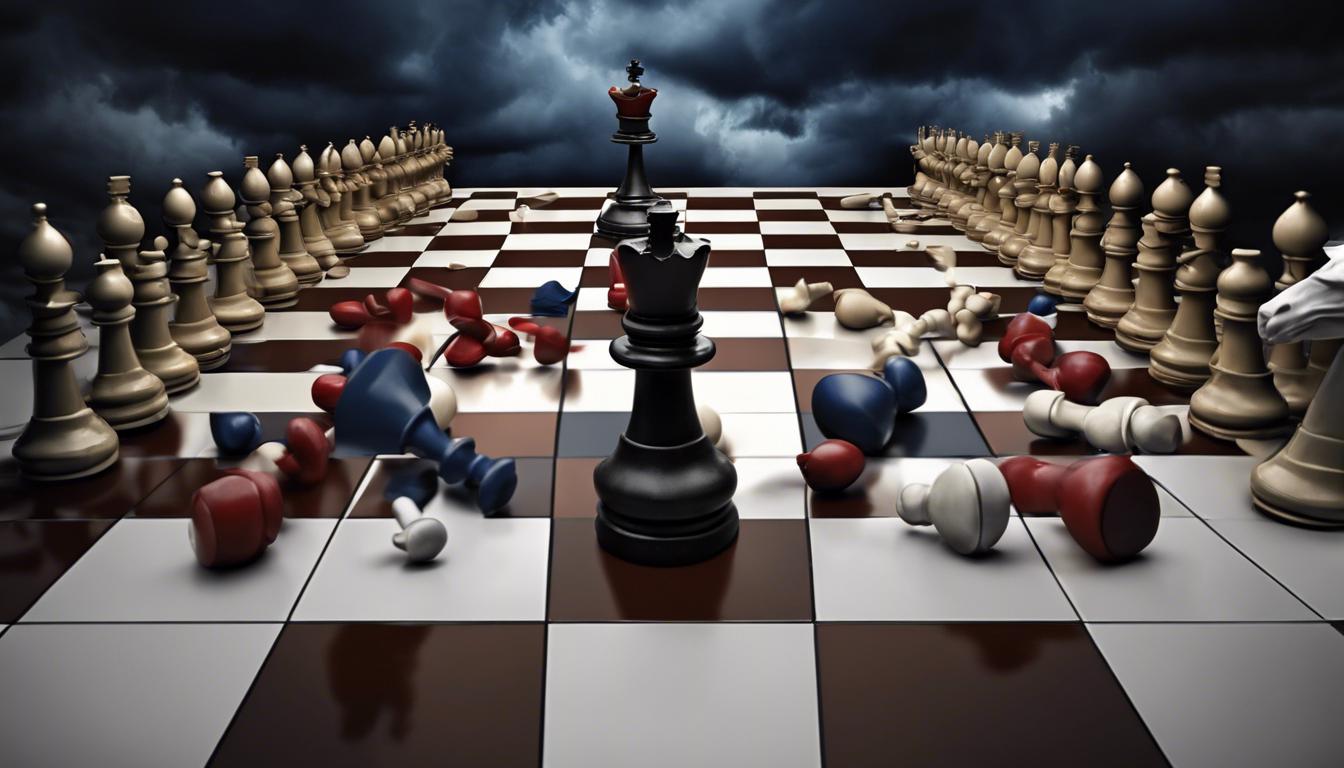The conflict between Ukraine and Russia intensifies with military engagements, political maneuvers, and growing international implications, including NATO’s involvement, amid concerns for regional and global stability.
Tensions between Russia and Ukraine have intensified with recent developments involving military engagements and political maneuvers on both sides. Russia has denied allegations by Ukraine of incursion attempts into its territory, asserting that attackers were repelled with significant losses. Concurrently, Ukraine has escalated drone attacks against Russian fuel refineries, leading to fires and operational disruptions, with the Kremlin claiming to have downed 25 Ukrainian drones over various regions.
Amidst these hostilities, the Black Sea region saw a decrease in tensions for the German fleet, as previously detained ships were released. However, concerns have risen over the safety of the Zaporizhzhia nuclear power plant, currently under Russian control, due to restricted access for Ukrainian personnel.
In the geopolitical arena, US President Joe Biden is engaging with Polish leaders to enhance support for Ukraine and discuss potential increases in NATO funding in response to the Russian threat. European leadership is contemplating amendments to the European Investment Bank’s policies to potentially fund defense projects, a move prompted by Russia’s aggressive actions in Ukraine.
Further complicating the situation, Russia, alongside China and Iran, commenced joint navy exercises in the Gulf of Oman, while accusations have been levied against Russian forces for employing chemical grenades against Ukrainian troops, possibly breaching the chemical weapons convention. This development is part of growing concerns over the conflict’s escalation, marked by Ukraine’s significant drone strikes on Russian territory, including the Moscow region, which led to fires at an oil refinery among other impacts.
In reaction to international commentary on the conflict, Ukraine summoned the Vatican’s envoy after Pope Francis suggested Kyiv show a “gesture of humanity” by potentially raising a white flag, a notion opposed by both Ukrainian officials and NATO chief Jens Stoltenberg. Stoltenberg emphasized the inappropriateness of calls for Ukrainian surrender, aligning with Kyiv’s refusal of a battlefield freeze that would concede control over occupied territories to Russia.
As the conflict continues, both Ukraine and Russia are engaged in wide-ranging strategies, including attacks on critical infrastructure, legal moves concerning territorial claims, and international diplomatic efforts. The series of events underscores the growing complexity and intensity of the conflict, with wide-ranging consequences for regional and global stability.













